
1965 - 1975
Family - Corporate Philanthropy
1976 - 1986
Social Development in Corporate Culture
1987 - 1999
Growth / Expansion & Spin-offs / Mergers
2000 - Present
One Foundation. One Vision. One Mission.
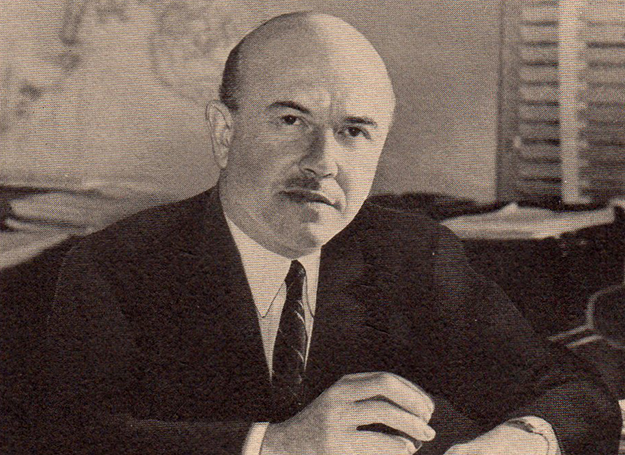
Andres Soriano was born in Manila on February 8, 1898. He was educated in England and Spain and became an international industrialist and humanitarian. During WWII he served on the staff of General Douglas MacArthur and was the recipient of numerous military and civilian decorations. Andres Soriano died of pancreatic cancer at Massachusetts General Hospital on December 30, 1964.
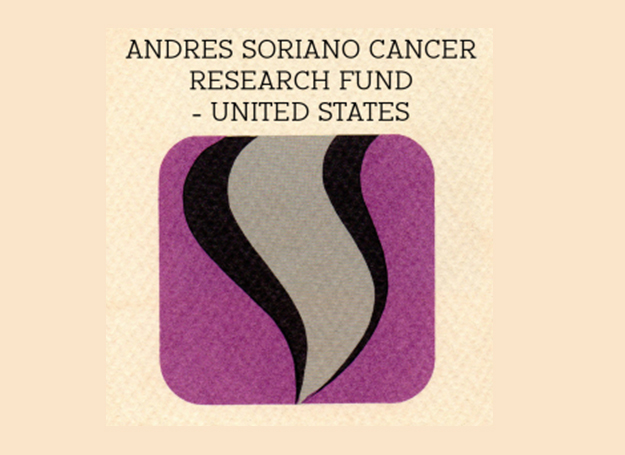
As tribute to his memory, the Andres Soriano Cancer Research Fund was created on June 14, 1965 by his widow Carmen de Montemar de Soriano and his sons José and Andrés.
Andres Soriano Cancer Research Fund dedicated special attention to the early detection of pancreatic cancer.
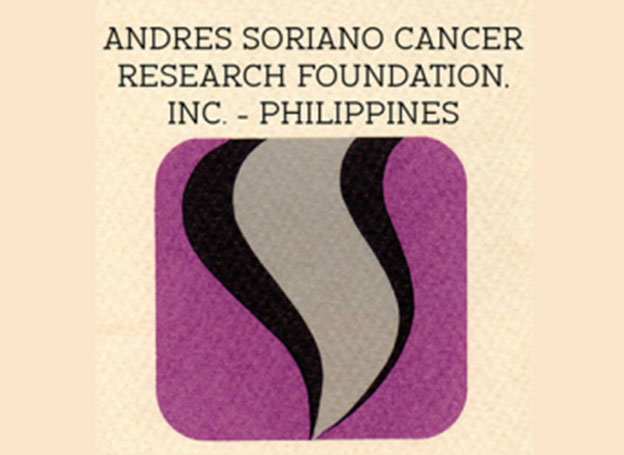
Andres Soriano Cancer Research Foundation Inc. – Philippines was established later in the year to strengthen cancer research and training. Aimed at making cancer technology more available in the Philippines, scholarships were granted to Filipino students seeking to practice medicine in the Philippines.

The Andres Soriano Foundation Inc. was established “to couple financial stability with extraordinary public service, aligned to the national welfare.”
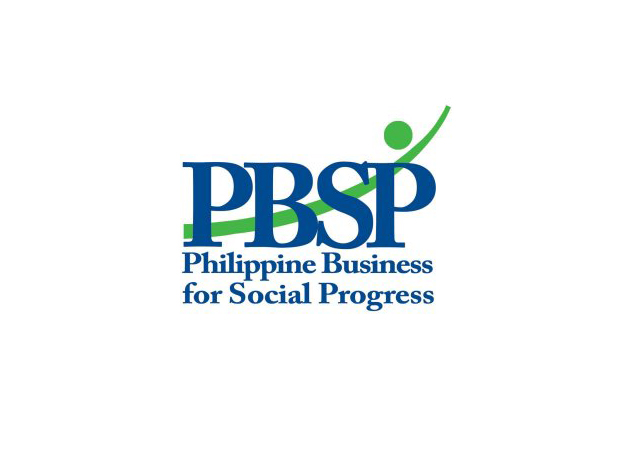
A. Soriano Corporation co-founded the Philippine Business for Social Progress as part of its corporate commitment to social responsibility. Andres Soriano III became a trustee in 1984 and was President and Chairman from 1987 to 2000.
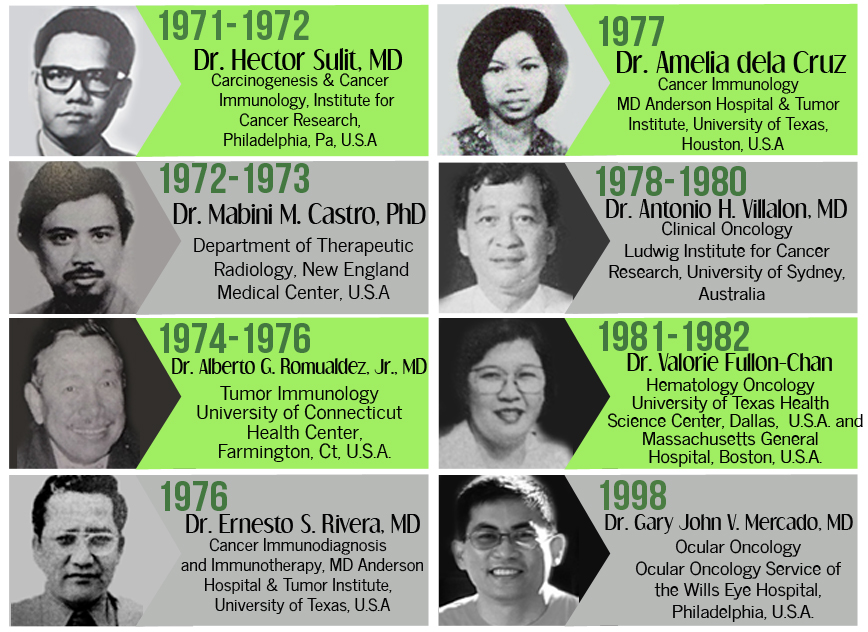
Dr. Hector L. Sulit was the first Filipino doctor to become an International Research Fellow. Since then, seven Filipino doctors were granted fellowships in various hospitals abroad. In the local scene, an international fellow facilitated the training of 22 Filipino doctors.
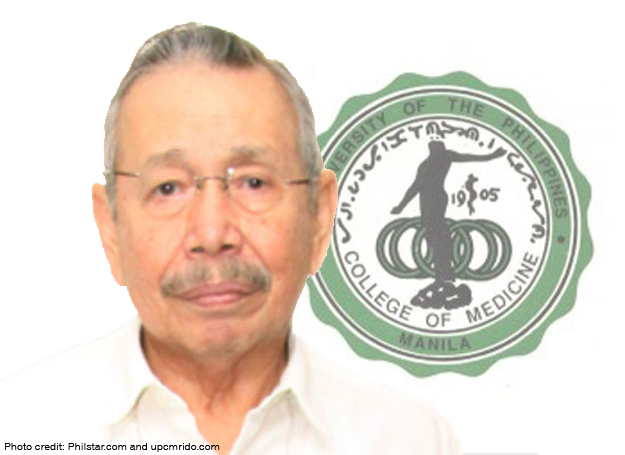
The Andres Soriano laboratory for tumor cell biology was launched under an agreement with the College of Medicine at the University of the Philippines. During its early years, the facility was under the supervision of Dr. Alberto Romualdez (ASCRF International Fellow, 1974-1976).
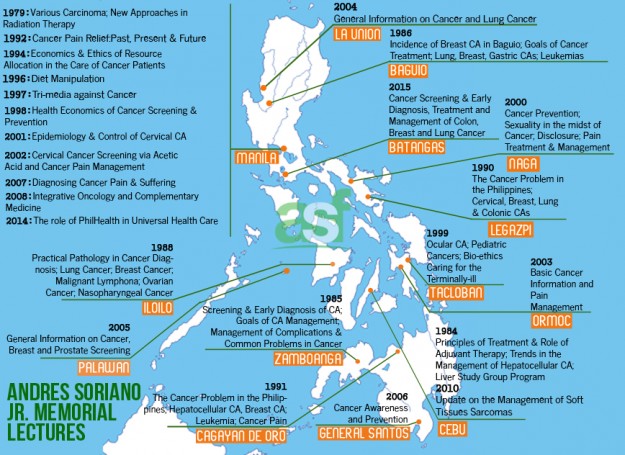
Andres Soriano Cancer Research Foundation, Inc. (ASCRF) – Philippines. launched its first Cancer Lecture Series in Manila with the objective of bringing oncology experts from abroad to share current trends in cancer treatment and management.
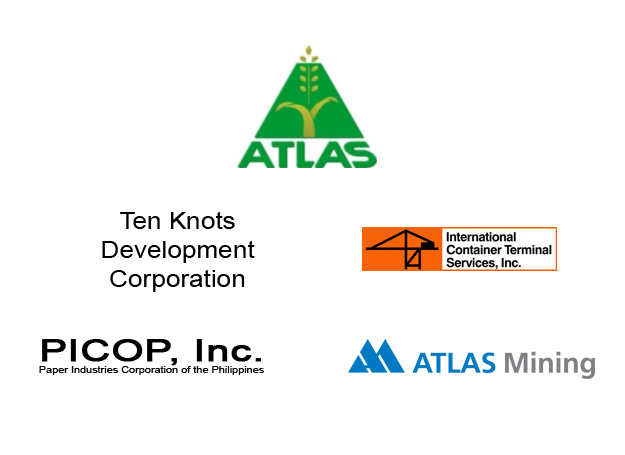
ASF has assisted the social development efforts of Anscor’s subsidiaries.
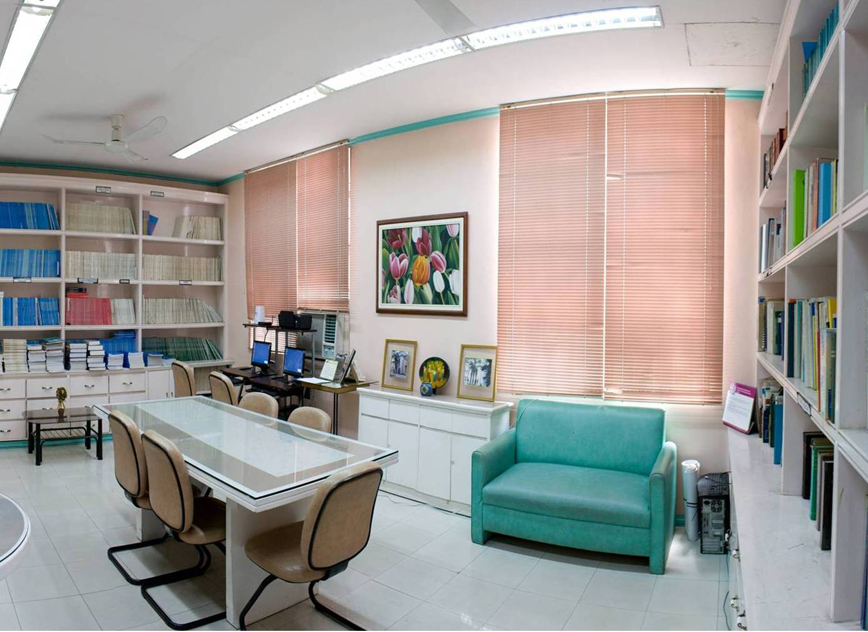
The Medical Oncology Library of the Andres Soriano Cancer Research Foundation was built to house a collection of education materials. Today, it remains one of the largest resources of cancer research in the Philippines.
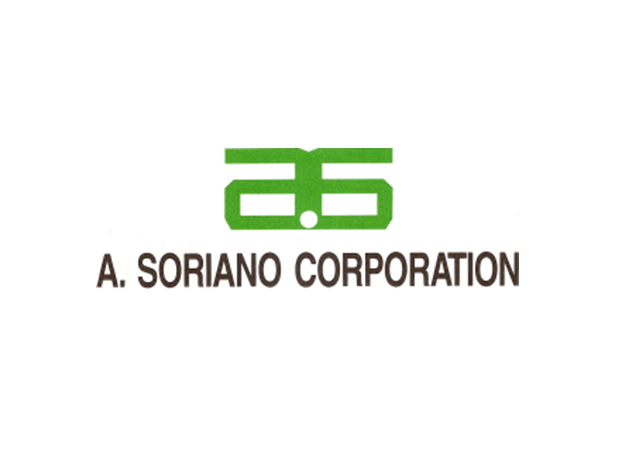
Andres Soriano III established a management service for various corporate and affiliate foundations. By combining resources from multiple companies, ASF’s programs have had greater impact and reach.
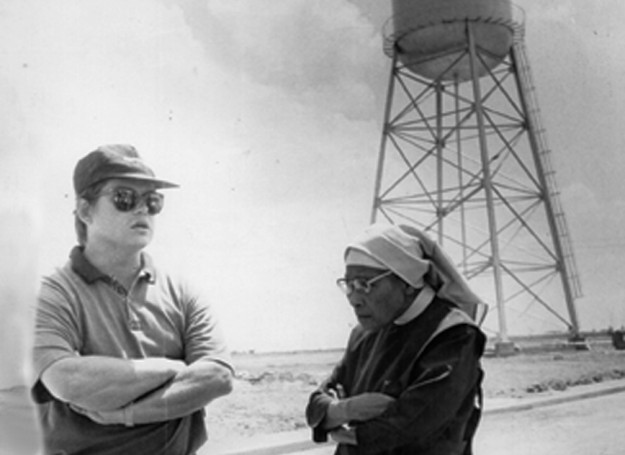
Carlos Soriano was appointed as Managing Trustee.
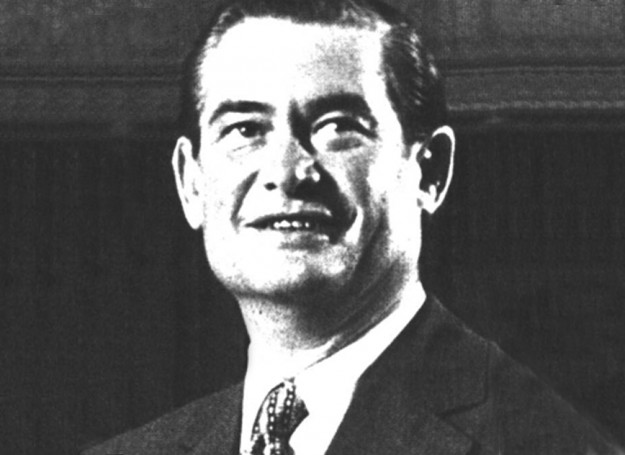
Andres Soriano Jr. Foundation was established in memory of Andres Soriano Jr., who was committed to improving the quality of life of the underprivileged in the Philippines. ‘Mr. Andy’ passed away from brain cancer on March 18, 1984 in Madrid, Spain.
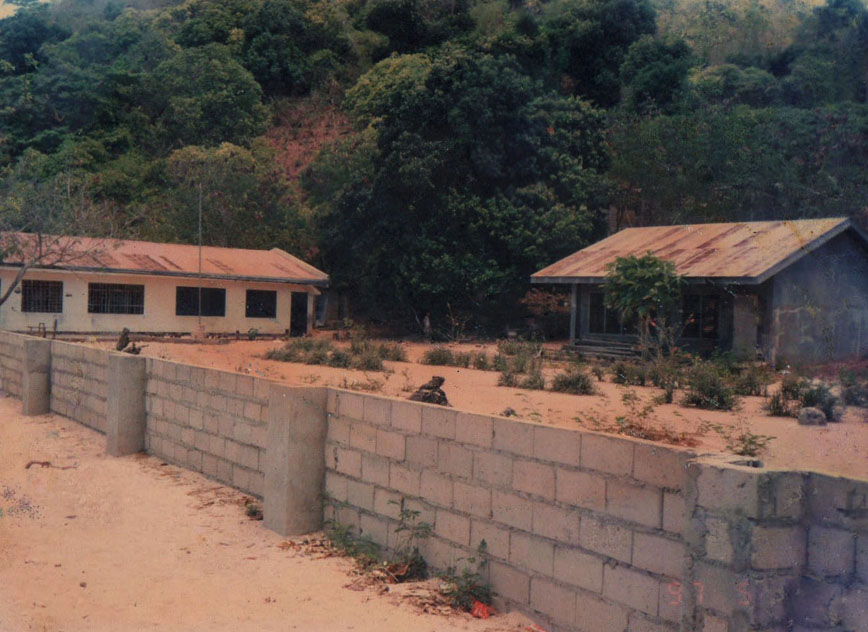
ASJRF launched its first major initiative in Manamoc Island co-financed by the United States Agency For International Development. The initiative focused on health and education.
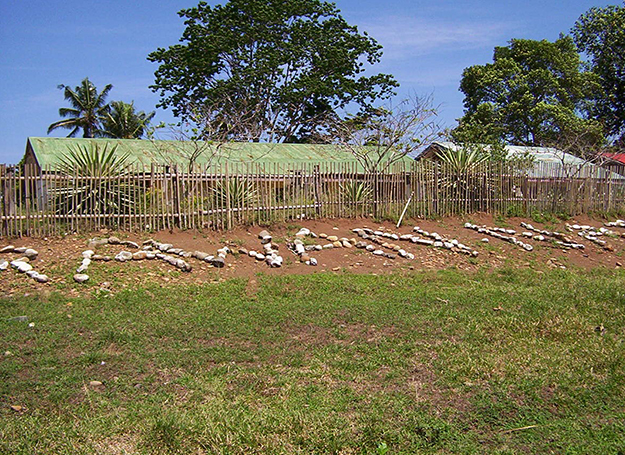
Andres Soriano Jr. Foundation Inc. launched the Apurawan Comprehensive Agrarian Reform Program in Aborlan, Palawan. 730 hectares of farm land was distributed to farmers through the Department of Agrarian Reform. Five hectares were donated to establish local elementary and high schools.
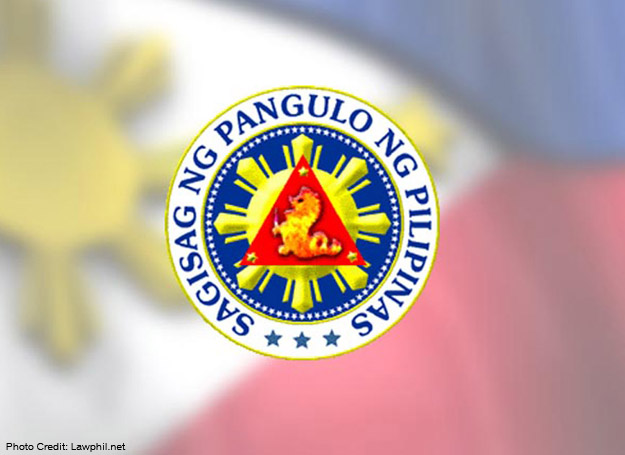
Awarded with P4.9 million by the Office of the Presidential Management Staff under the Office of the President (then Corazon C. Aquino), ASF constructed 44 classrooms in Palawan, Guimaras, Iloilo, and Nueva Ecija.
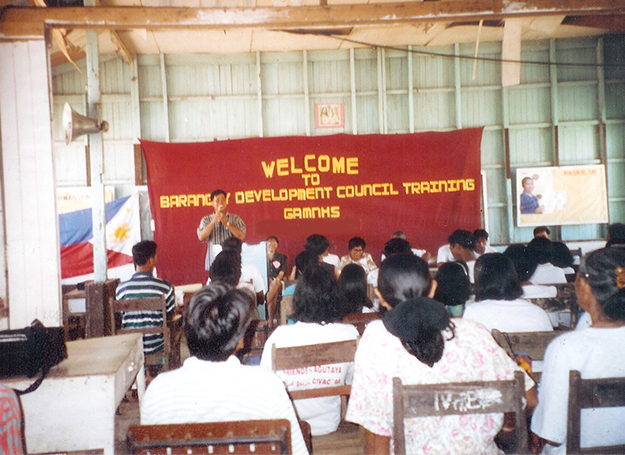
ASJRF started its Quiniluban Project expanding its reach to two more island barangays, Concepcion and Algeciras.
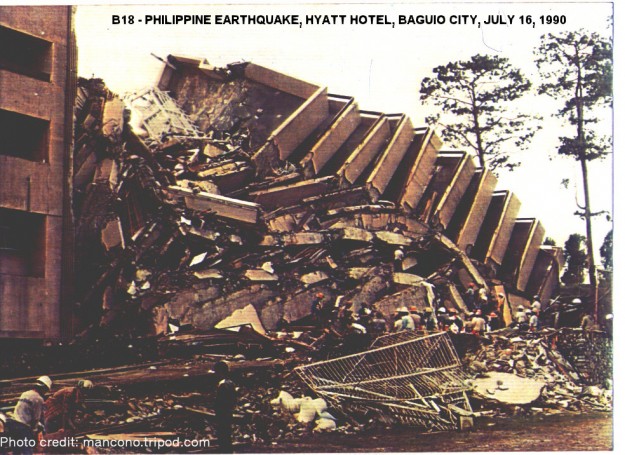
ASJRF launched a Disaster Management and Assistance Program in June 1990, barely a month before the July 16 earthquake in Central and Northern Luzon. Since then, it has been able to support many disaster-stricken communities.
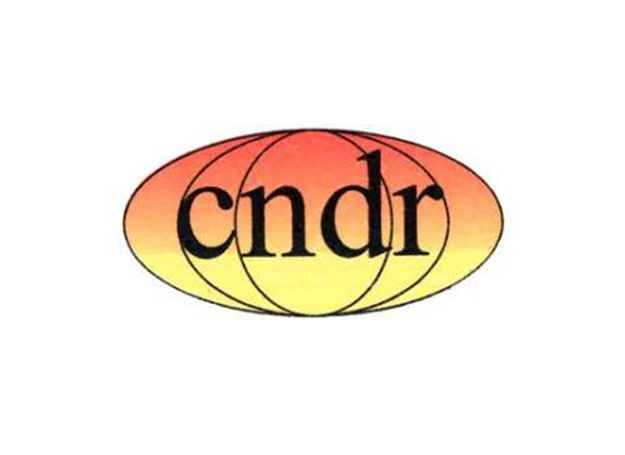
ASJRF co-founded the Corporate Network for Disaster Response to respond to disaster-related needs.
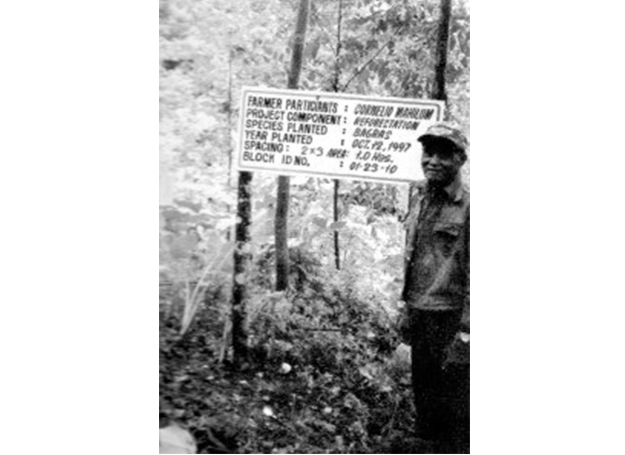
ASF launched a new program called Livelihood Enhancement in Agro-Forestry in Bislig, Surigao del Sur in partnership with Paper Industries Corporation of the Philippines and United States Agency for International Development. 350 farmers covering 700 hectares in 8 Barangays were beneficiaries of this project.
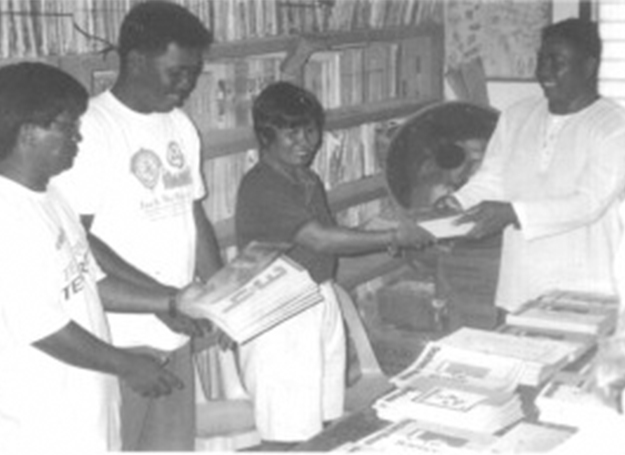
The ‘Books Across the Sea’ initiative was launched to provide books in school libraries across Visayas and Mindanao. On its launch, the U.S. Information Service donated 2,800 boxes of books with 150,00 reference materials.
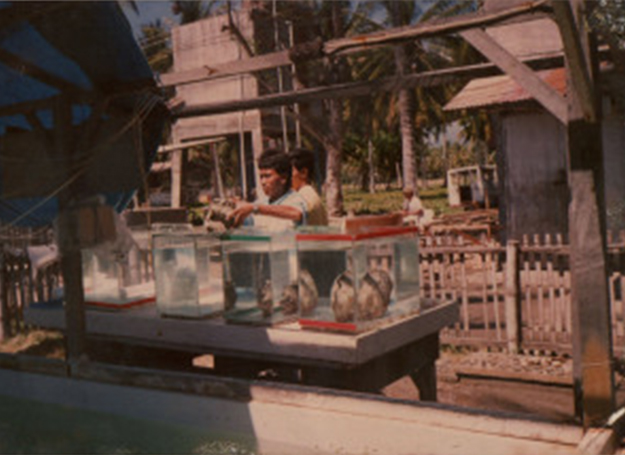
ASF launched the Pilot Giant Clam Project in Pamalican Island.
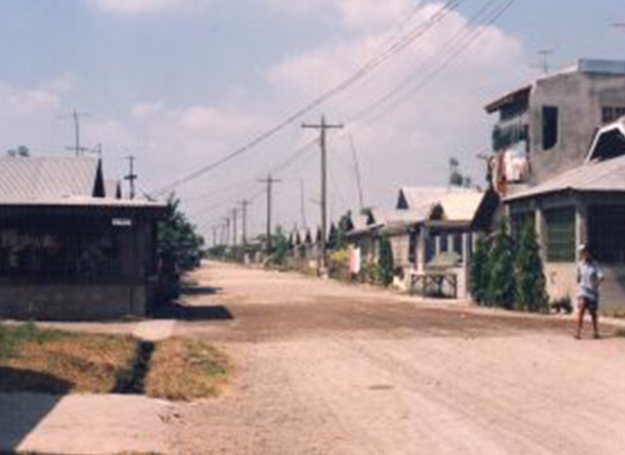
In collaboration with PBSP and Mother Rosa Memorial Foundation, ASJRF launched the Mount Pinatubo Resettlement Assistance Program in the wake of the Mount Pinatubo eruption in July 1991. Raising over PhP30 million, three resettlement sites were established in Pampanga, relocating more than 800 families to safer communities.
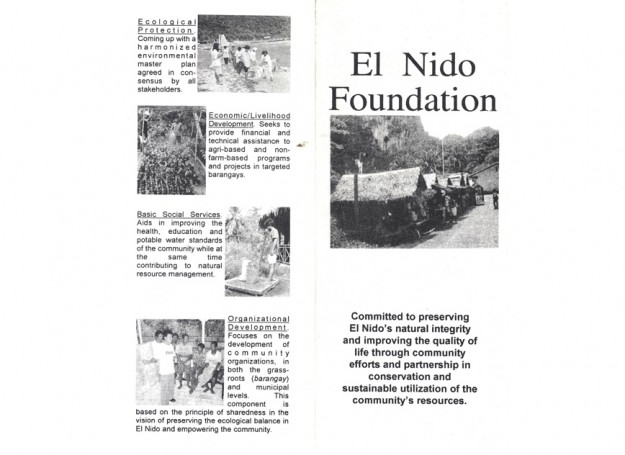
ASJRF launched its Community Resource Management Program in El Nido, Palawan. The first goodwill project in the community was the construction of a two-classroom school building funded by USAID.
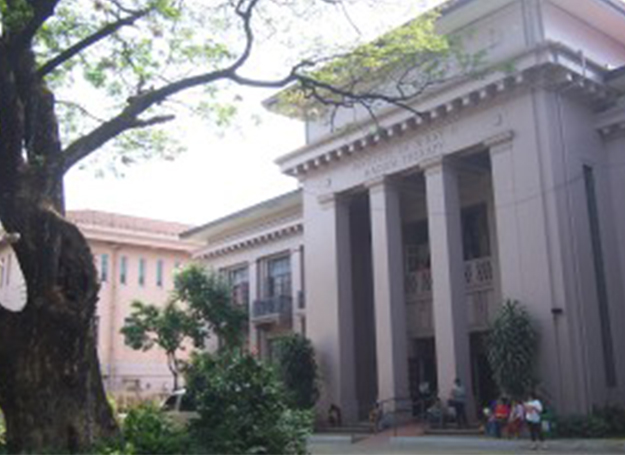
ASF’s Cancer Research Foundation completed the full renovation of the 50-year old x-ray and radium therapy building at the University of the Philippines-Manila. A PhP2 million corpus fund was created for the maintenance and repair of the building.
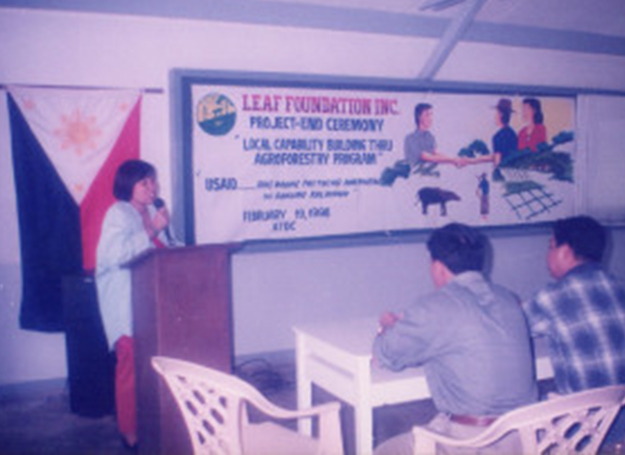
The LEAF Foundation Inc. was formed to contribute toward the development of upland communities in Surigao del Sur which practice agro-forestry techniques, harness resources for environmentally-sound community enterprises, and harmonize the use of both indigenous and scientific knowledge.
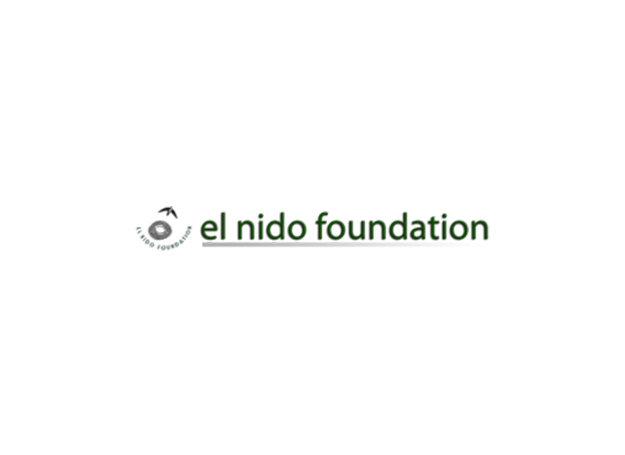
El Nido Foundation Inc. was established to maintain the integrity of the resources of El Nido in the Palawan Islands.
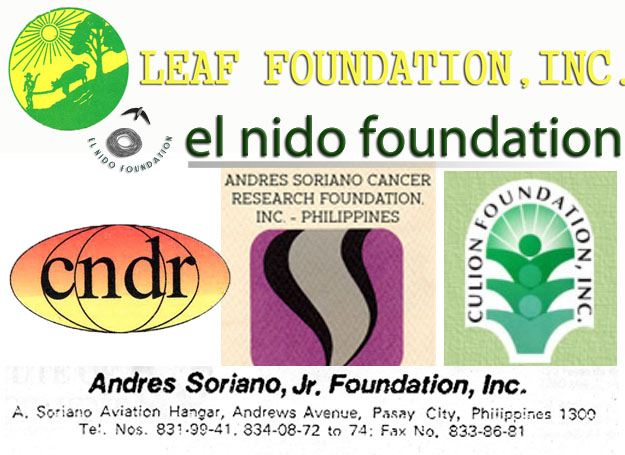
Various foundations were consolidated under the Andres Soriano Foundation.
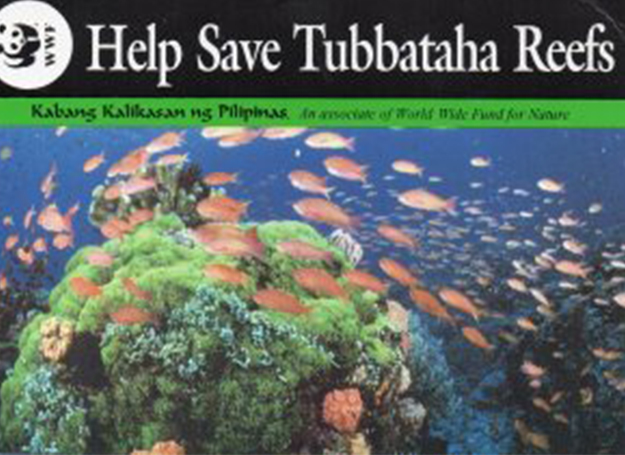
ASF expanded its support on environment-related projects and donated PhP2 million to Kabang Kalikasan ng Pilipinas (also known as World Wildlife Fund – Phils), an NGO dedicated to protecting Tubattaha Reef, the country’s first National Marine Park. A year later, another PhP11 million was donated to establish its endowment fund.
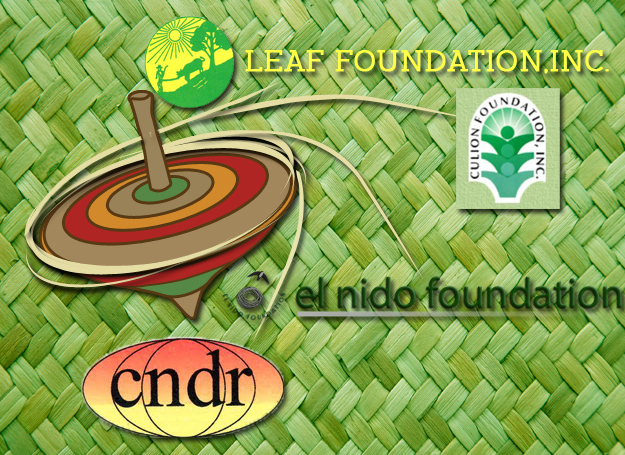
With streamlined operation and funding, the management of Culion, CNDR, LEAF, and El Nido Foundations were ceded from ASF.
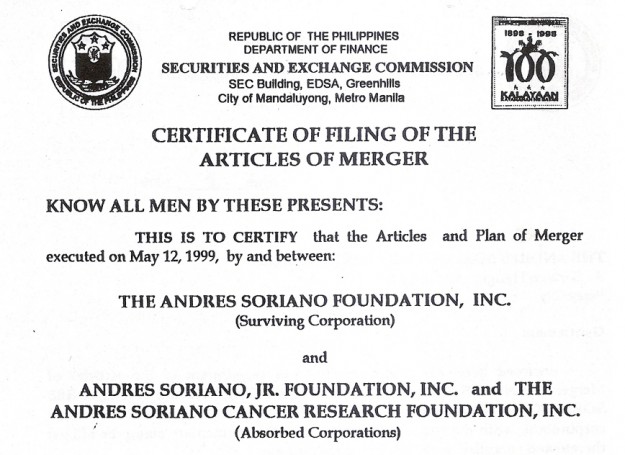
ASF, ASJRF, and ASCRF merged and were subsumed under The Andres Soriano Foundation.
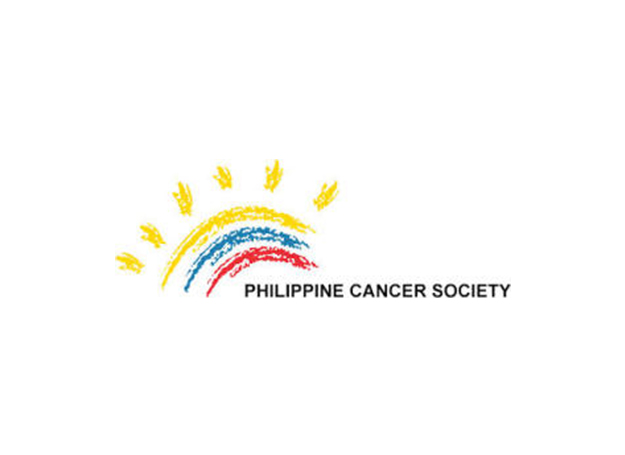
ASCRF-US terminated its corporate existence and turned over its remaining fund to ASF. An official partnership with the Philippine Cancer Society was established and is now directly managing the Cancer Fund.
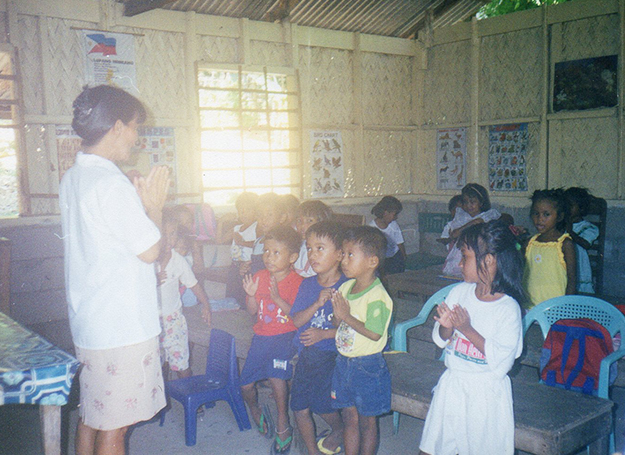
The Quiniluban Island Educational Training Program for pre-school students was started in three island villages.
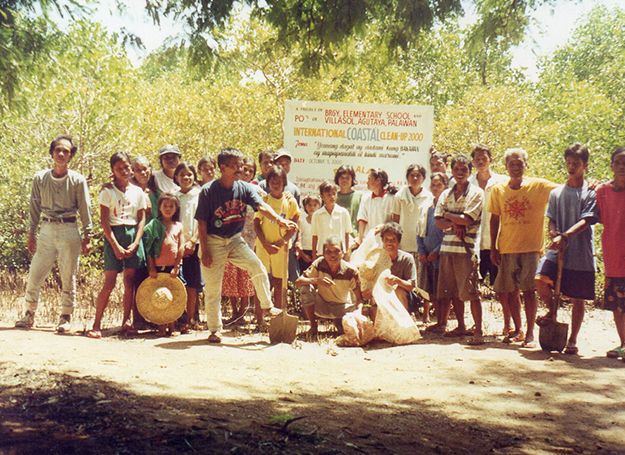
A synchronized Coastal Clean Up activity was launched as part of the Coastal Resource Management Program and continues to be held every year in September.
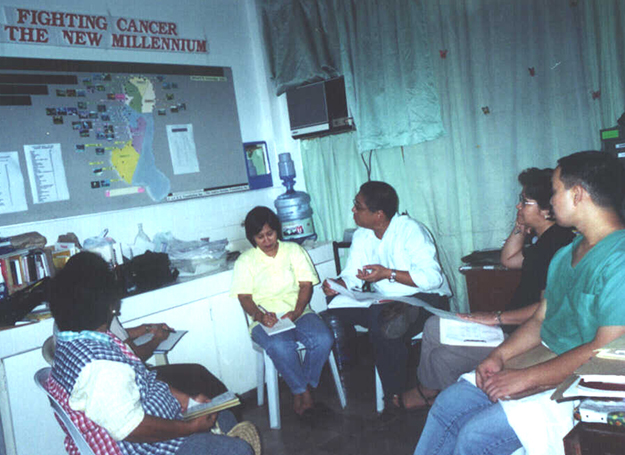
The first community-based cancer registry was established in Negros Occidental and in three Davao provinces.
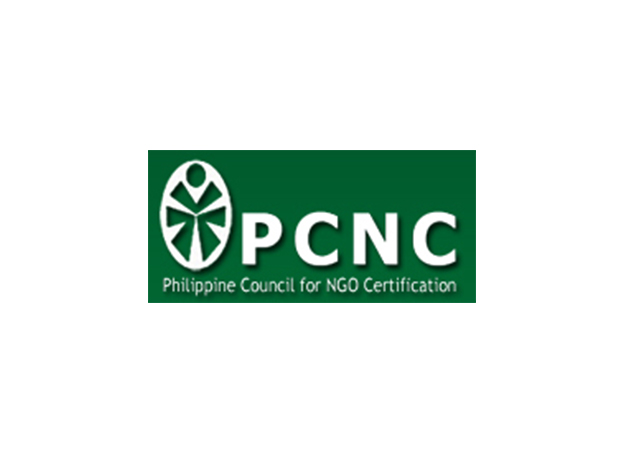
ASF was granted its first Donee Institution Status (Seal of Good Housekeeping) for five years by the Philippine Council for NGO Certification (PCNC) and Bureau of Internal Revenue allowing Philippine corporations and individual donors to claim tax incentives when donating to ASF.
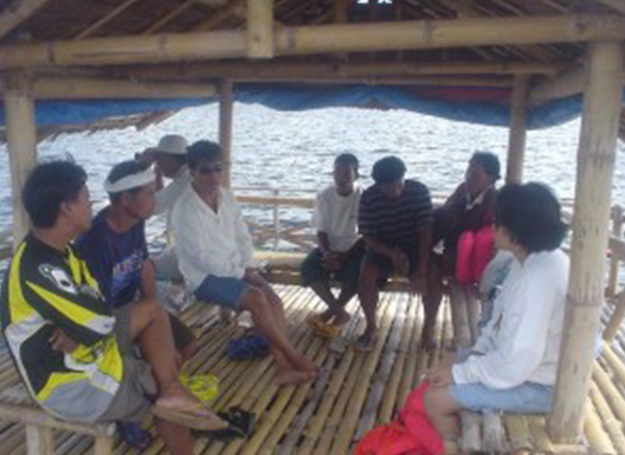
The first community-managed Marine Protected Area was established in Manamoc Island.
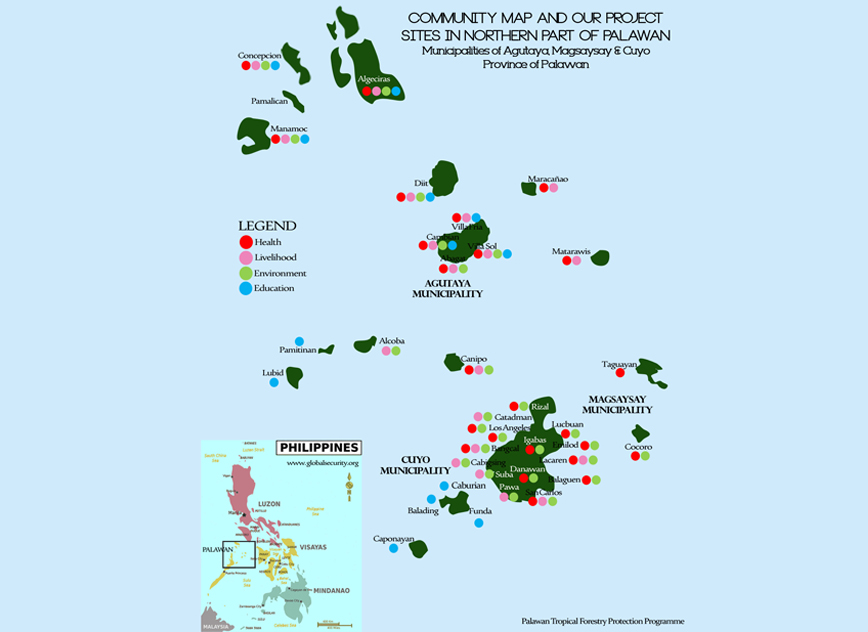
ASF expanded into other island and coastal areas such as Diit, Villa Sol, and Villa Fria within the municipalities of Cuyo, Agutaya, and Magsaysay.
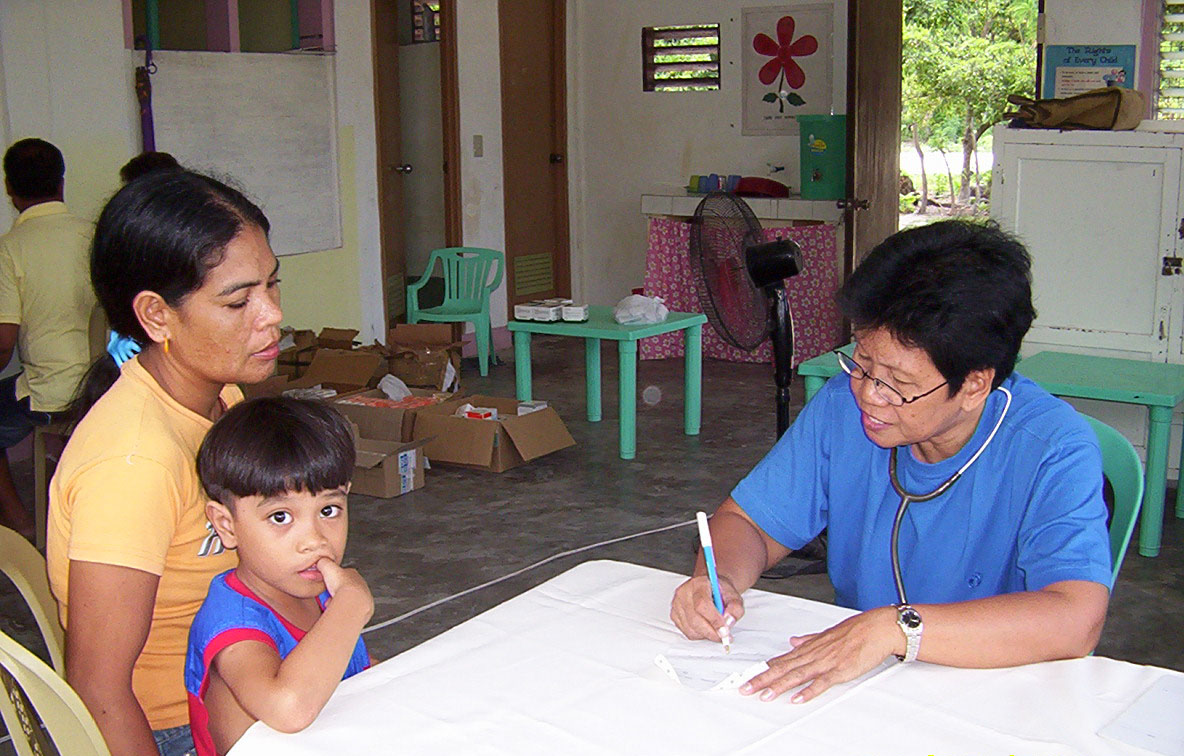
The Annual Medical, Dental, and Surgical Mission was launched and conducted in three Quiniluban Island Barangays.
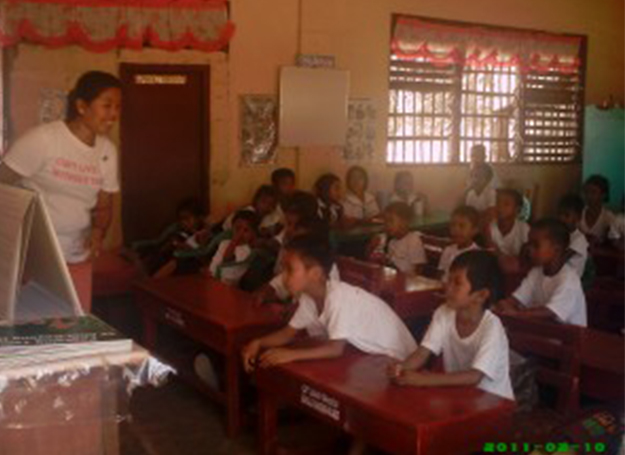
The Supplementary Feeding Program for undernourished children was re-launched in the small islands — with an additional education component for children and mothers. This is funded by SHARE Foundation.
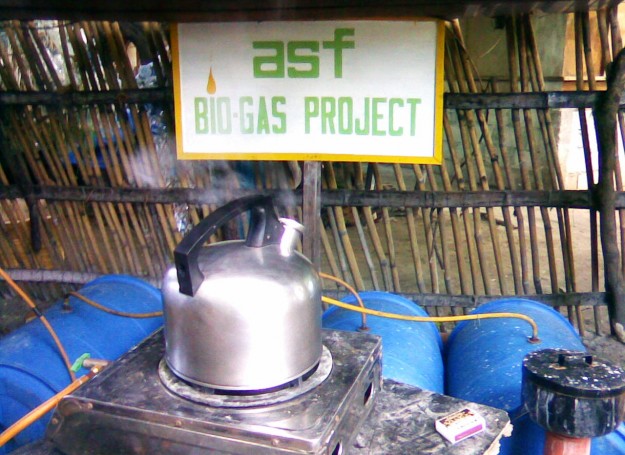
ASF piloted its bio-gas project in Manamoc to demonstrate how to manage waste products from hogs.
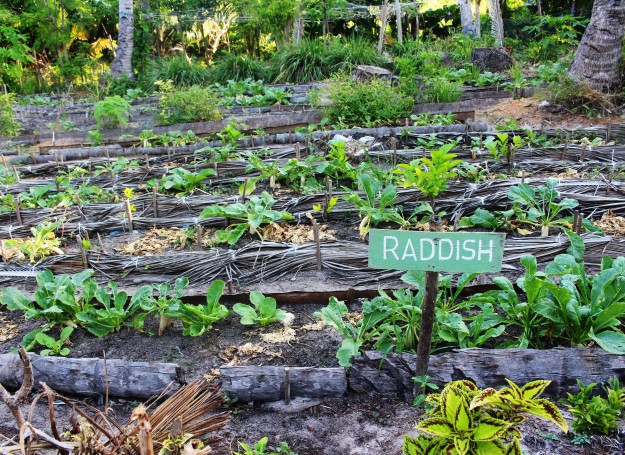
ASF initiated its Demo Agri-Farm and Organic Poultry Projects in Manamoc for replication in the assisted communities.
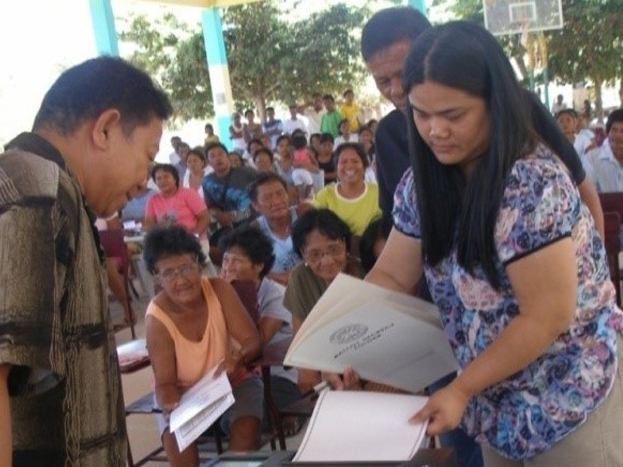
ASF organized the Voters’ Education Forum in Quiniluban Islands in preparation for the first-ever automated election in the country. Actual demo use of PCOS Machine was the highlight of the forum courtesy of COMELEC.
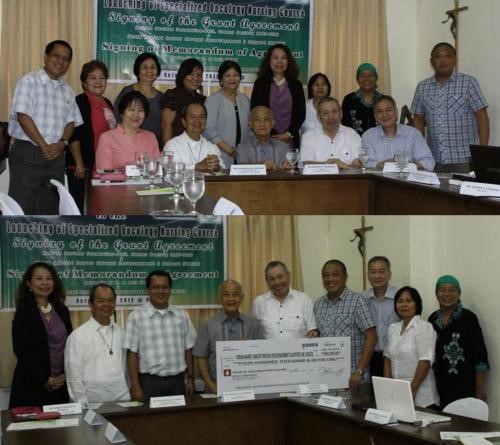
ASF signed a Memorandum of Agreement for the first-ever Specialized Oncology Nursing Course in the country in partnership with ASF Fellow Dr. Adonis Guancia and University of St. La Salle in Bacolod City.
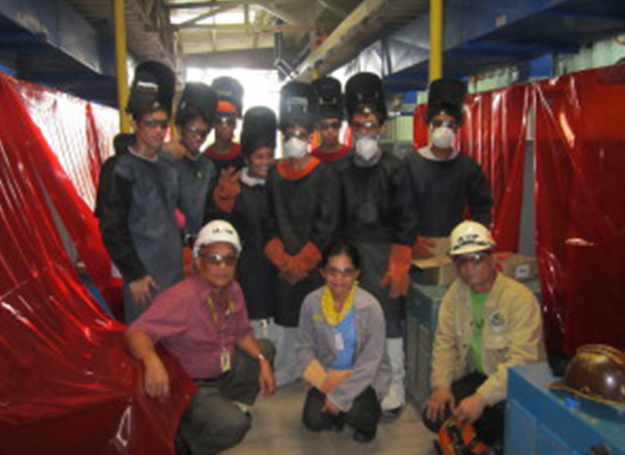
ASF launched the Technical-Vocational Scholarship project for out-of-school youth in the small islands. Majority of the scholars are now gainfully employed.